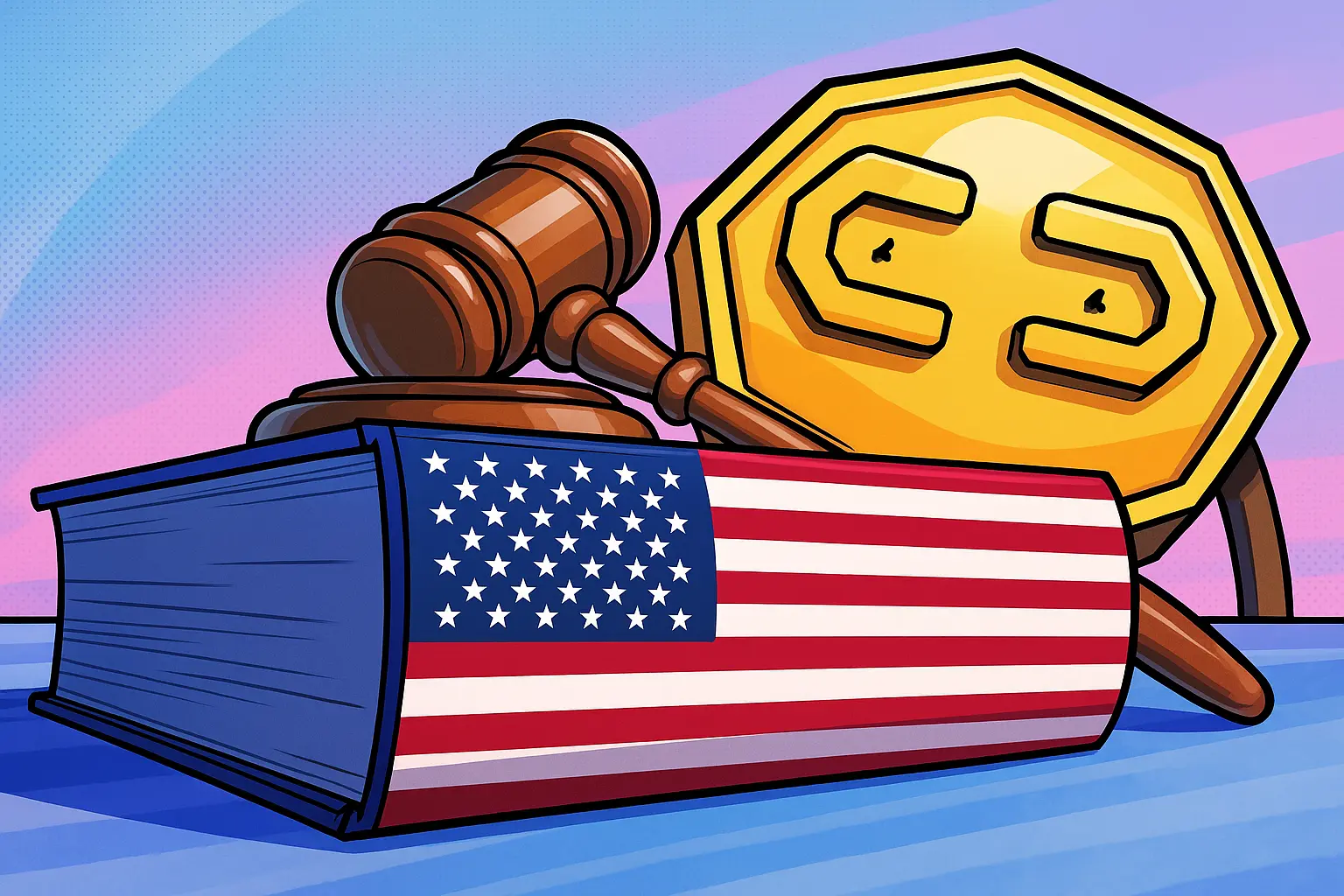For the initiative to advance, it must secure at least 60 votes—a threshold that, if reached, would pave the way for swift consideration and potential passage of the bill.
Previously, expectations were that the GENIUS Act could pass by June 6. However, progress slowed due to proposed amendments, particularly from Senators Roger Marshall and Dick Durbin, who pushed to include provisions aimed at reducing credit card transaction fees.
On June 9, 2025, John Thune filed a motion to close debate on the GENIUS Act, effectively setting up a vote on the bill as it stands, without incorporating further changes. Meanwhile, Senate Banking Committee Chair Tim Scott indicated that the Marshall-Durbin proposal may be considered as a separate piece of legislation in the future.
This procedural move is expected to increase the likelihood of the GENIUS Act passing, as it eliminates uncertainty around last-minute amendments—a point underscored by analysts cited in Bloomberg.
The GENIUS Act establishes a regulatory framework for the U.S. stablecoin sector, defining compliance requirements for both domestic and foreign issuers—providing long-awaited legal clarity for the rapidly expanding digital asset market.

